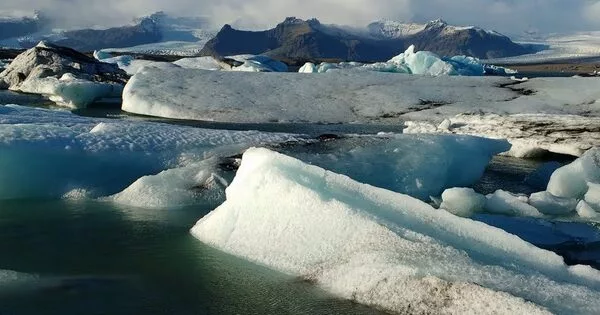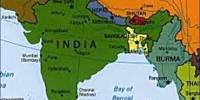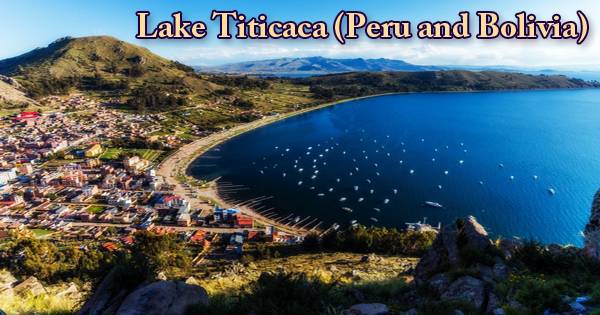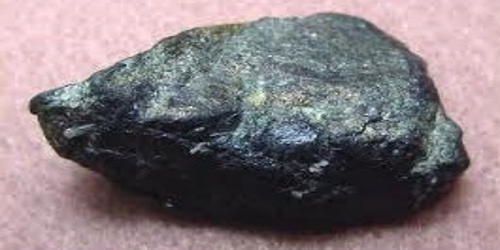Glaciology is the scientific study of glaciers, ice sheets, and related phenomena, such as ice caps, ice shelves, and frozen ground. It is a multidisciplinary field that draws on the principles of geology, physics, meteorology, and oceanography to understand the behavior of ice and its interactions with the natural environment.
Glaciology is an interdisciplinary field that draws on a range of scientific disciplines, including geology, physics, chemistry, biology, and mathematics. Glaciologists use a variety of tools and techniques to study glaciers, including remote sensing, field observations, laboratory experiments, and computer simulations. Their work is important for understanding the global climate system, predicting the effects of climate change on ice sheets and sea levels, and informing policy decisions related to natural resources, water management, and disaster mitigation.
Glaciologists study a wide range of topics related to ice, including the formation and movement of glaciers, the properties of ice and snow, the effects of climate change on ice masses, and the impact of melting ice on sea level rise. They use a variety of techniques and tools to collect data on ice, such as remote sensing, field observations, and computer modeling.
Glaciologists study a wide range of topics related to glaciers, including their physical properties, such as their shape, size, and density; the processes that govern their movement and deformation; and the ways in which they interact with the surrounding atmosphere, ocean, and land. They also study the impact of glaciers on the environment, including their role in shaping landscapes, influencing climate patterns, and affecting ecosystems and human communities.
The study of glaciology has important implications for understanding the Earth’s climate and the impact of human activities on the natural environment. It is also crucial for developing strategies to mitigate the effects of climate change and protect vulnerable communities from the consequences of melting ice.
A glacier is a long-term accumulation of ice generated by snow dropping and building over time; glaciers move very slowly, either descending from high mountains, as in valley glaciers, or flowing outward from accumulation centers, as in continental glaciers. Glacial history and the reconstruction of historical glaciation are two areas of research within glaciology. A glaciologist is an expert on glaciers. A glacial geologist is someone who examines glacier deposits and erosive phenomena on the landscape. Glaciology and glacial geology are important fields of study in polar science.
















